Google CEO Sundar Pichai - No Plan to Launch Censored Search Engine in China
By MYBRANDBOOK
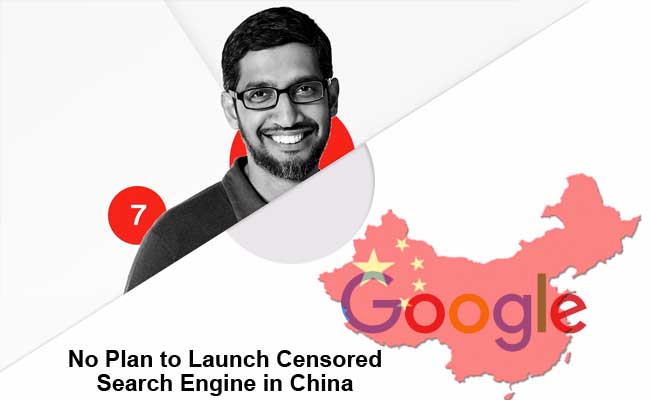
Indian-American CEO Sundar Pichai with the House Judiciary Committee told lawmakers Tuesday that, Google currently has no plans to launch a search engine in China. His statement came while testifying before the House Judiciary Committee Hearing on ‘Transparency & Accountability - Examining Google and its Data Collection, Use, and Filtering Practices’. Mr. Pichai as well asserted in front of the House Judiciary Committee on a multitude of different subjects, including perceived political bias in the company’s search results, artificial intelligence, and alleged manipulation of search results.
“We have no plans to launch in China. We don’t have a search product there. Our core mission is to provide users access to information and getting access to information is an important human right,” Sundar Pichai told members of the House Judiciary Committee during a Congressional hearing on Google’s data collection practices.
One hanged-over issue though, which came up a handful of times in the hearing, is DragonFly, Google’s highly controversial search product for the Chinese market. As The Intercept first revealed, DragonFly would censor certain search terms, in particular around human rights. The search platform would also make it easier for Chinese authorities to surveils and track those using the service.
Pressed again by US Representative Tom Marino on DragonFly, Pichai said “Right now there are no plans for us to launch a search product in China.”
“In 2010 Google left the Chinese marketplace due to concerns over hack–hacking attacks, censorship and how the Chinese government was possibly gaining access to data. I’m interested in what has changed since 2010 and how working with the Chinese government to censor research results, a part of Google’s core values,” he said.
“Right now, there are no plans for us to launch a search product in China. We are in general always looking to see how best it’s part of our core mission and our principle is to try hard to provide users with information. We always have evidence based on every country we operate in us reaching out and giving users to more information has a very positive impact and we feel that calling,” Pichai said.
“But right now, there are no plans to launch in China. To the extent that we ever approach a decision like that I will be fully transparent including with policymakers here and engage and consult widely,” he said.
Any time Google looks to operate in a country it would look at what the conditions are to operate.
“There are times in the past we have debated the conditions to operate and we explore a wide range of possibilities. Currently, it is an effort only internally for us. We are not doing this in China. And so you know but I am happy to consult back and be transparent if we plan something there,” he said.
Congressman David Cicilline said the operating environment in China has deteriorated with respect to surveillance censorship and the like since Google first made the decision in 2010 to leave.
In September, he had sent Pichai a letter along with 15 other colleagues raising serious concerns about reports that Google is planning to re-enter the Chinese market with an app-based search engine that would likely have to comply with strict censorship and surveillance requirements imposed by the Chinese government.
“Since then a widespread course of opposition to such a move has emerged including from lawmakers, leading human rights activists and a group of Google’s own employees. The environment has deteriorated,” Cicilline said.
Democrats rejected that claim as "fantasy," and at least one said the search results highlighted more conservative voices.
Pichai said the search engine attempts to help people register to vote or find a polling place, but rejected assertions the company paid for Latino voters' transportation to polls in some states.
"We don't engage in partisan activities," Pichai told the panel.
In a separate letter, Cicilline and 15 other lawmakers and more than 50 human and civil rights organisations opposed the launch of a censored Google search engine for the Chinese market.
The letter alleged that the Chinese government is actively promoting its model of pervasive digital censorship and surveillance around the world.
It’s no secret that Chinese law is particularly strict against technology companies operating in the country, requiring them to hand over data collected on users. Apple outsources its Chinese iCloud services to a local company. An Associated Press investigation recently found that shared data can even include information collected by cars such as Teslas.


Legal Battle Over IT Act Intensifies Amid Musk’s India Plans
The outcome of the legal dispute between X Corp and the Indian government c...

Wipro inks 10-year deal with Phoenix Group's ReAssure UK worth
The agreement, executed through Wipro and its 100% subsidiary,...

Centre announces that DPDP Rules nearing Finalisation by April
The government seeks to refine the rules for robust data protection, ensuri...

Home Ministry cracks down on PoS agents in digital arrest scam
Digital arrest scams are a growing cybercrime where victims are coerced or ...


Icons Of India : AALOK KUMAR
Aalok Kumar is celebrated as a global leader and recipient of the Peop...

Icons Of India : ASHISH KUMAR CHAUHAN
Ashish kumar Chauhan, an Indian business executive and administrator, ...

Icons Of India : Deepak Sharma
Deepak Sharma spearheads Schneider Electric India. He brings with him ...


TCIL - Telecommunications Consultants India Limited
TCIL is a government-owned engineering and consultancy company...
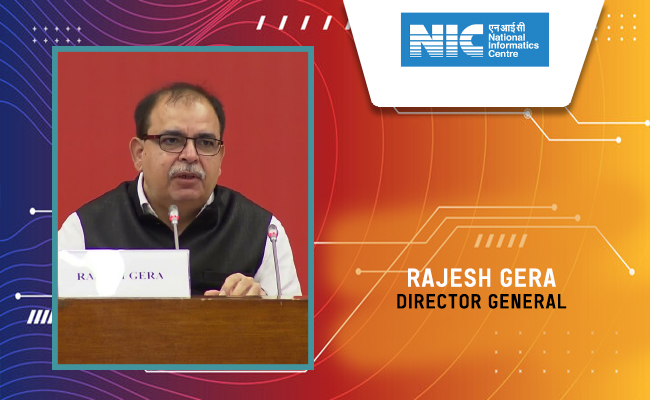
NIC - National Informatics Centre
NIC serves as the primary IT solutions provider for the government of ...
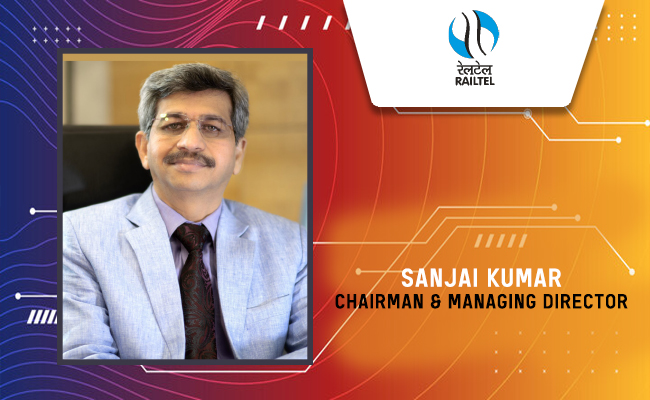
RailTel Corporation of India Limited
RailTel is a leading telecommunications infrastructure provider in Ind...

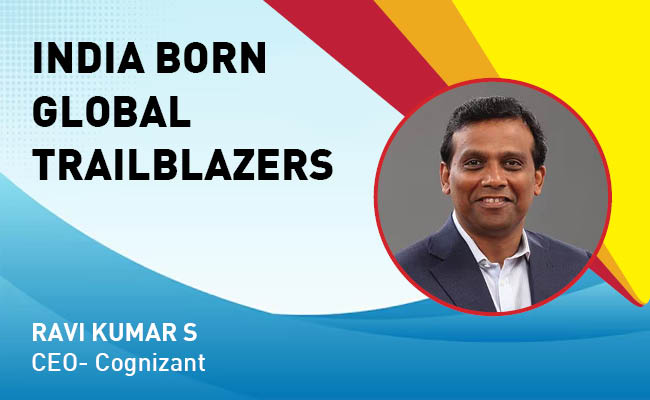
Indian Tech Talent Excelling The Tech World - RAVI KUMAR S, CEO- Cognizant
Ravi Kumar S, appointed as CEO of Cognizant in January 2023, sets the ...
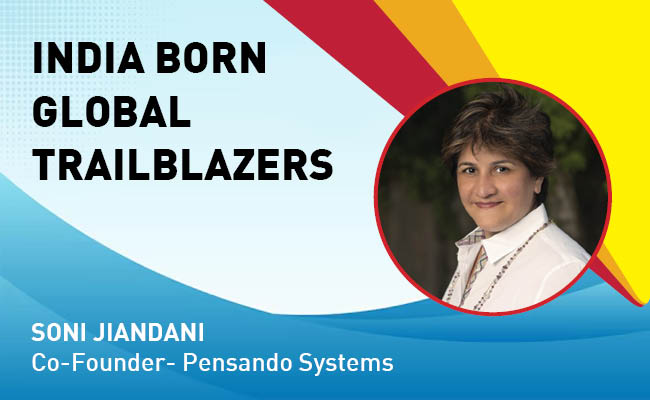
Indian Tech Talent Excelling The Tech World - Soni Jiandani, Co-Founder- Pensando Systems
Soni Jiandani, Co-Founder of Pensando Systems, is a tech visionary ren...
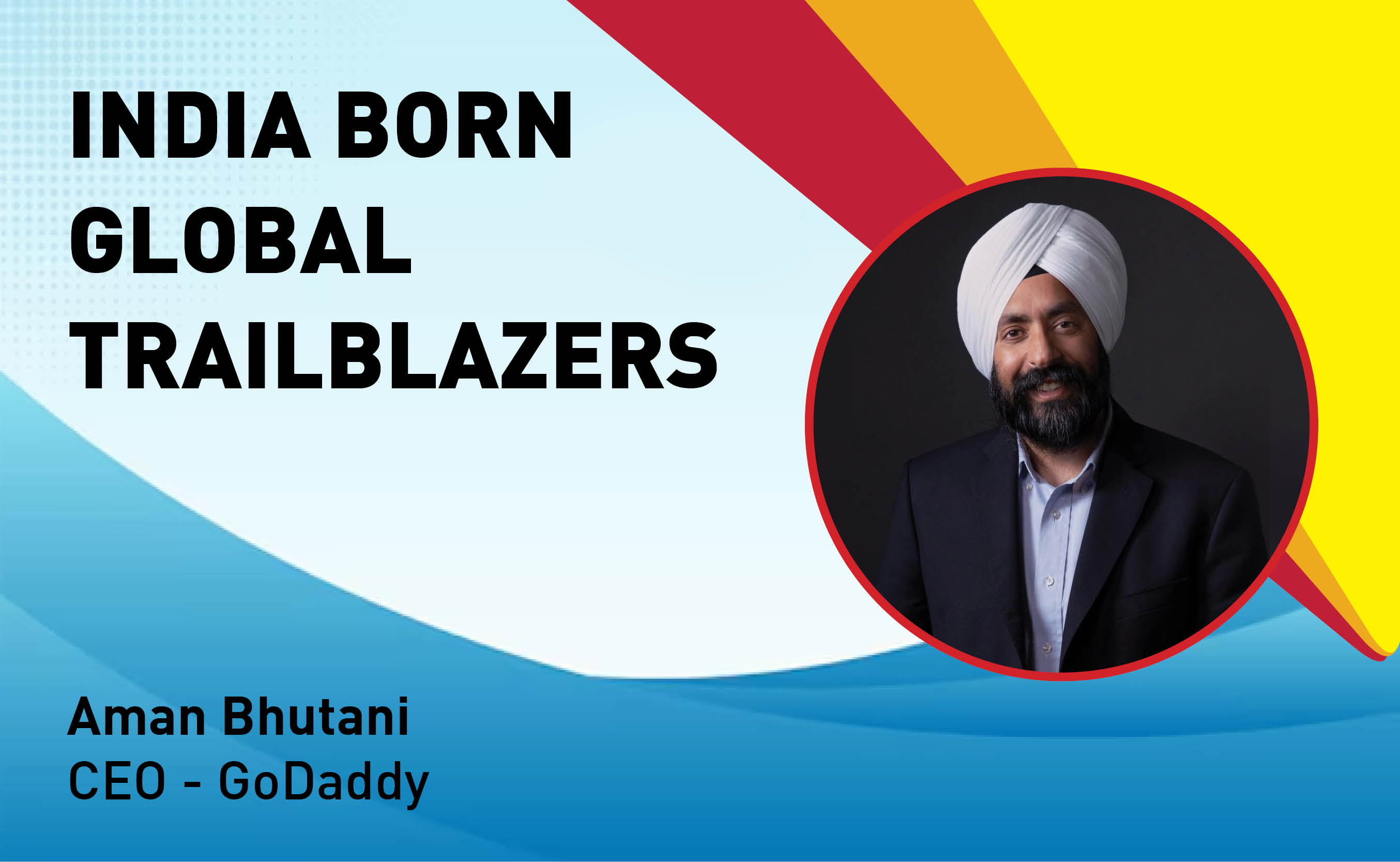
Indian Tech Talent Excelling The Tech World - Aman Bhutani, CEO, GoDaddy
Aman Bhutani, the self-taught techie and CEO of GoDaddy, oversees a co...
 of images belongs to the respective copyright holders
of images belongs to the respective copyright holders